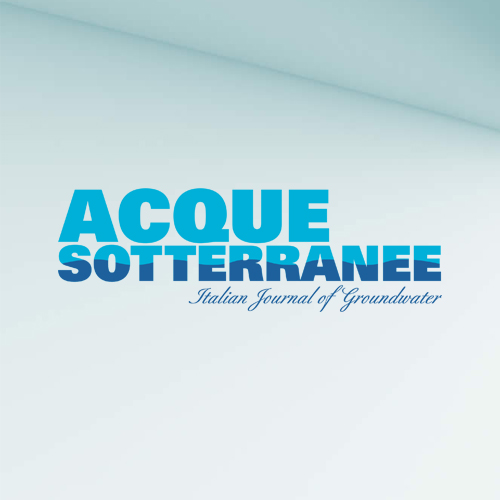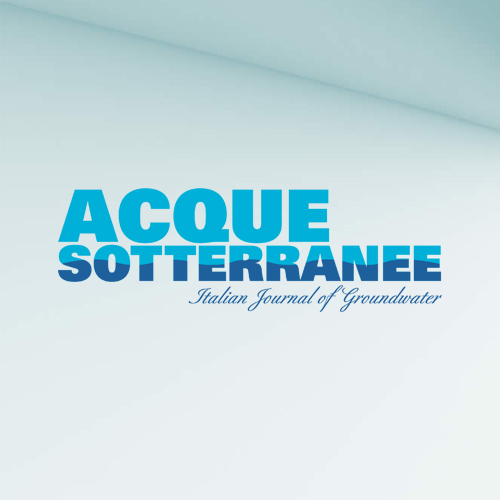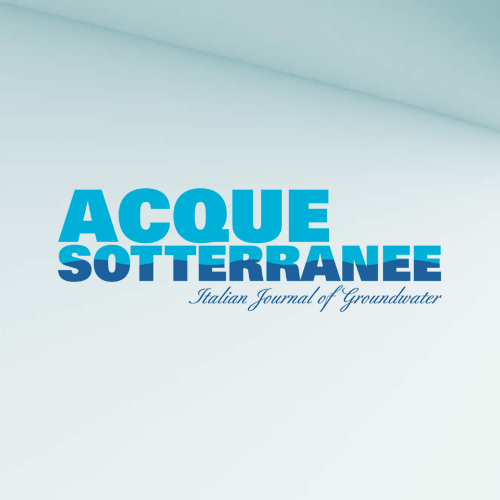Groundwater resilience, security, and safety in the four largest cities in Denmark
Accepted: 8 September 2024
All claims expressed in this article are solely those of the authors and do not necessarily represent those of their affiliated organizations, or those of the publisher, the editors and the reviewers. Any product that may be evaluated in this article or claim that may be made by its manufacturer is not guaranteed or endorsed by the publisher.
Authors
Denmark's complete reliance on groundwater for water supply presents a unique case study in management of natural resources, urban planning, and water resilience in the face of climate change. This paper examines the groundwater management strategies in Denmark in general, focusing on Denmark's four largest cities—Copenhagen, Aarhus, Odense, and Aalborg— each facing distinct challenges due to their demographic, geographical, hydrogeological, and economic characteristics. Through analysis of these cities' approaches to groundwater management, this research contributes to the global discourse on sustainable urban water supply systems. As coastal groundwater cities (CGC), these urban areas must navigate the complexities of sustaining growing populations, mitigating climate change impacts, and coastal processes while ensuring the long-term viability of their groundwater resources. Copenhagen and Aalborg, built atop semi-confined fractured and locally karstic carbonate rocks, highlights the specific challenges associated with karstic groundwater systems, while, Aarhus, and Odense built on glaciofluvial aquifers faces different issues. The different groundwater challenges in these cities underscores the importance of integrating urban development with water resource management and environmental sustainability, offering valuable insights and lessons learned for other regions facing similar challenges. This study, thus not only sheds light on Denmark's groundwater management practices, but also emphasizes the need for innovative solutions to ensure the resilience of urban water supply systems in a changing climate and increasing pressures of emerging organic contaminants and elevated concentrations of geogenic elements induced by water abstraction and fluctuating water tables. Advanced Danish monitoring and modelling tools applied to support decision-making and innovation within the water sector are continuously developed and improved to support resilient and sustainable management of the available water resources.
How to Cite

This work is licensed under a Creative Commons Attribution-NonCommercial 4.0 International License.
PAGEPress has chosen to apply the Creative Commons Attribution NonCommercial 4.0 International License (CC BY-NC 4.0) to all manuscripts to be published.
Similar Articles
- Ourdia Kaben, Djamel Maizi, Mebarka Takorabt, Sequential direct and inverse modeling of underground flows in the Upper Cheliff Alluvial Aquifer, Algeria , Acque Sotterranee - Italian Journal of Groundwater: Vol. 12 No. 4 (2023)
- Paolo Cerutti, Giovanni Pietro Beretta, Nicola De Zorzi, Rudy Rossetto, [Water governance: future and sustainability - groundwater] , Acque Sotterranee - Italian Journal of Groundwater: Vol. 13 No. 2 (2024)
- Paolo Cerutti, [Urban heat islands, global heating, heat exchange, ground source heat pumps] , Acque Sotterranee - Italian Journal of Groundwater: Vol. 12 No. 4 (2023)
- Marco Petitta, [Relevance of groundwater to the national water resource availability: a simple solution to mitigate the effect of water shortage] , Acque Sotterranee - Italian Journal of Groundwater: Vol. 12 No. 2 (2023)
- Paolo Cerutti, [Water emergency: sustainable governance and climate change] , Acque Sotterranee - Italian Journal of Groundwater: Vol. 12 No. 2 (2023)
- Marco Pola, Ivica Pavičić, Vedran Rubinić, Ivan Kosović, Lidija Galović, Staša Borović, Lara Wacha, Kosta Urumović, First results of multidisciplinary investigations for the hydrogeological conceptual modelling of loess deposits in eastern Croatia , Acque Sotterranee - Italian Journal of Groundwater: Vol. 9 No. 1 (2020)
- Paolo Cerutti, Endro Martini, [Water Resources and Requalification - Governance, Programming, Planning] , Acque Sotterranee - Italian Journal of Groundwater: Vol. 13 No. 2 (2024)
- Francesco La Vigna, Making the invisible, visible! Our daily mission! , Acque Sotterranee - Italian Journal of Groundwater: Vol. 11 No. 1 (2022)
- Mara Dal Santo, Giuseppe Alberto Prosperi, Application of chemical reagents as innovative remediation technologies for groundwater impacted by petroleum hydrocarbons in Italy , Acque Sotterranee - Italian Journal of Groundwater: Vol. 9 No. 1 (2020)
- Valentina Vincenzi, Michele Sapigni, Hydrogeological characterization and parameters estimation of the aquifer close to the Adige River (Verona, Italy) for the design of deep excavations , Acque Sotterranee - Italian Journal of Groundwater: Vol. 8 No. 2 (2019)
<< < 20 21 22 23 24 25 26 27 28 29 > >>
You may also start an advanced similarity search for this article.


 https://doi.org/10.7343/as-2024-803
https://doi.org/10.7343/as-2024-803










